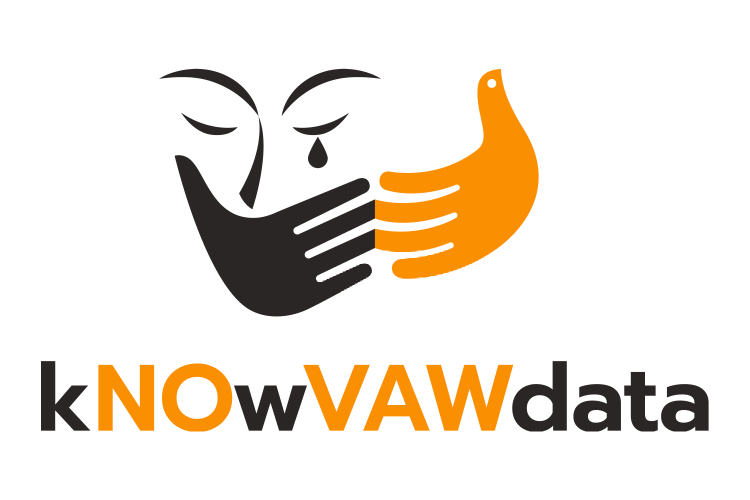Knowledge Hub

The Knowledge Hub provides links to resources supporting the measurement of violence against women and has been funded under the Pacific Spotlight Initiative. While starting with a primary focus on Pacific resources and global resources which are applicable for the Pacific region, the Knowledge Hub will continue under the UNFPA kNOwVAWdata initiative to support global knowledge exchange and a strong community of practice. The strength of this Knowledge Hub is the opportunity to share resources and support all regions of the globe.
If you would like to share links to be added to the Knowledge Hub, please send them to knowvaw-program@unimelb.edu.au.

Integrating Gender-based Violence Interventions in Humanitarian Action: Reducing risk, promoting resilience and aiding recovery
The purpose of these Guidelines is to assist humanitarian actors and communities affected by armed conflict, natural disasters and other humanitarian emergencies to coordinate, plan, implement, monitor and evaluate essential actions for the prevention and mitigation of gender-based violence (GBV) across all sectors of humanitarian response.

Caring for Child Survivors of Sexual Abuse: Guidelines for health and psychosocial service providers in humanitarian settings
The International Rescue Committee (IRC) and the United Nations Children’s Fund (UNICEF) have newly developed “Caring for Child Survivors of Sexual Abuse Guidelines” for health and psychosocial providers in humanitarian settings – “CCS Guidelines”. The CCS Guidelines are based on global research and evidence-based field practice, and bring a much-needed fresh and practical approach to helping child survivors, and their families, recover and heal from the oftentimes devastating impacts of...

Statistical framework for measuring the gender-related killings of women and girls (also referred to as “femicide/feminicide”)
This document provides a comprehensive statistical framework for measuring gender-based killings of women and girls (femicide/feminicide). In addition to the statistical definition of such killings, the framework identifies a typology of gender-based killings of women and girls and the list of variables that can be used to identify and quantify the different types of such killings.
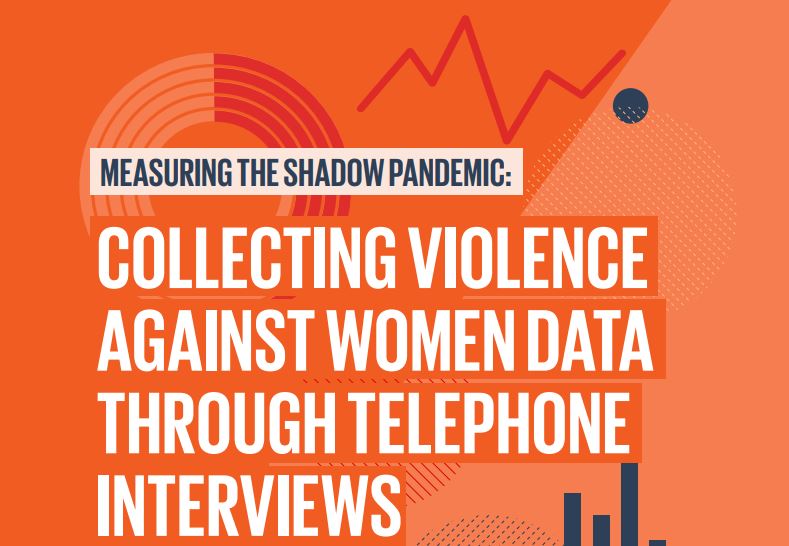
Measuring the shadow pandemic: Collecting violence against women data through telephone interviews – An evidence-based technical guidance
UN Women conducted Rapid Gender Assessments on the impact of COVID-19 on violence against women (VAW RGAs) in 13 countries, in collaboration with Ipsos and with support from national statistical offices and national women’s machineries.The VAW RGAs provided a first opportunity to test existing guidance and recommendations on remote data collection for VAW, and as a result, gathered learnings and empirical evidence, both in terms of safety protocols and VAW measurement. This guidance offers a...
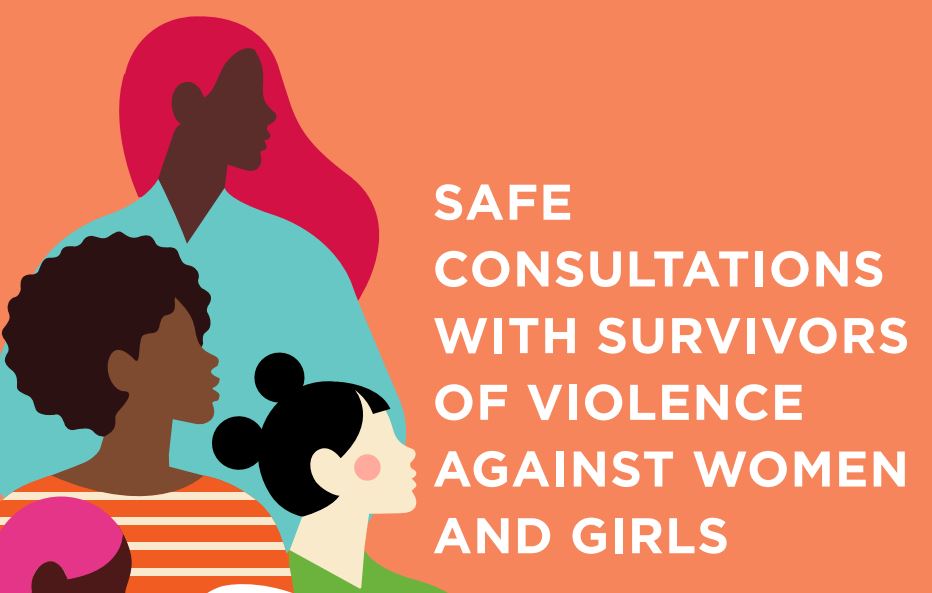
Safe Consultations with Survivors of Violence against Women and Girls
This guidance is intended to help policymakers develop survivor-centred programming on ending violence against women and girls that meets the needs of diverse groups of women and girls, including those who are at higher risk of experiencing violence and discrimination. It is applicable to programming across the health, justice and policing, and social services sectors, as well as coordination of these sectors, and will help improve the standard and delivery of essential services for women and...
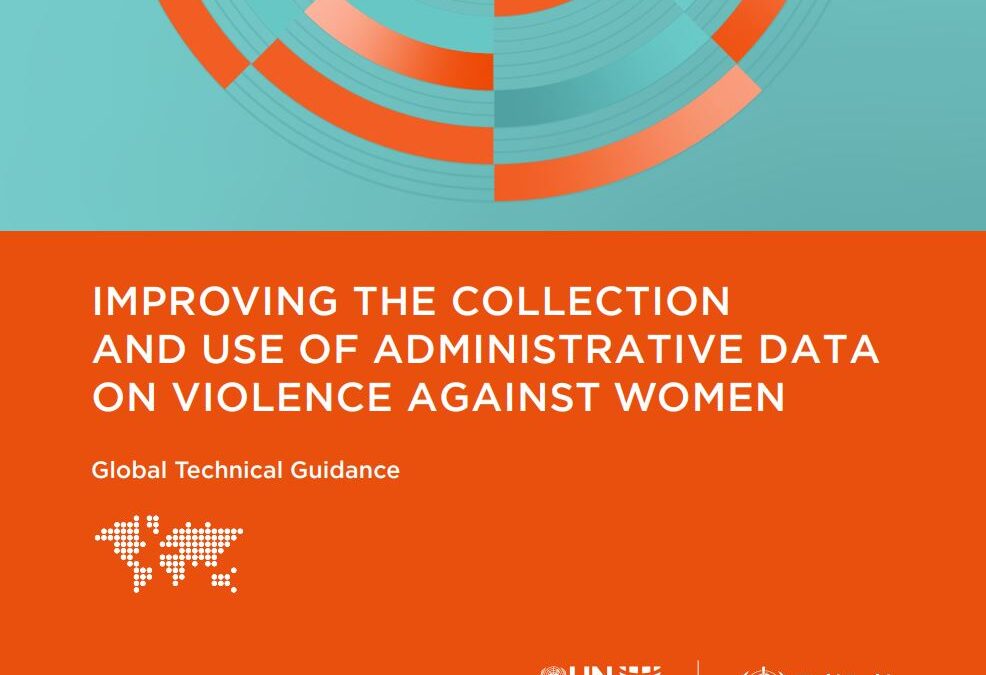
Improving the collection and use of administrative data on violence against women: global technical guidance
This global technical guidance has been developed by the United Nations Entity for Gender Equality and the Empowerment of Women (UN Women), in partnership with the World Health Organization (WHO) through the Joint Programme on Violence Against Women Data and with invaluable advice from an advisory group of experts from UN agencies as well as independent experts.
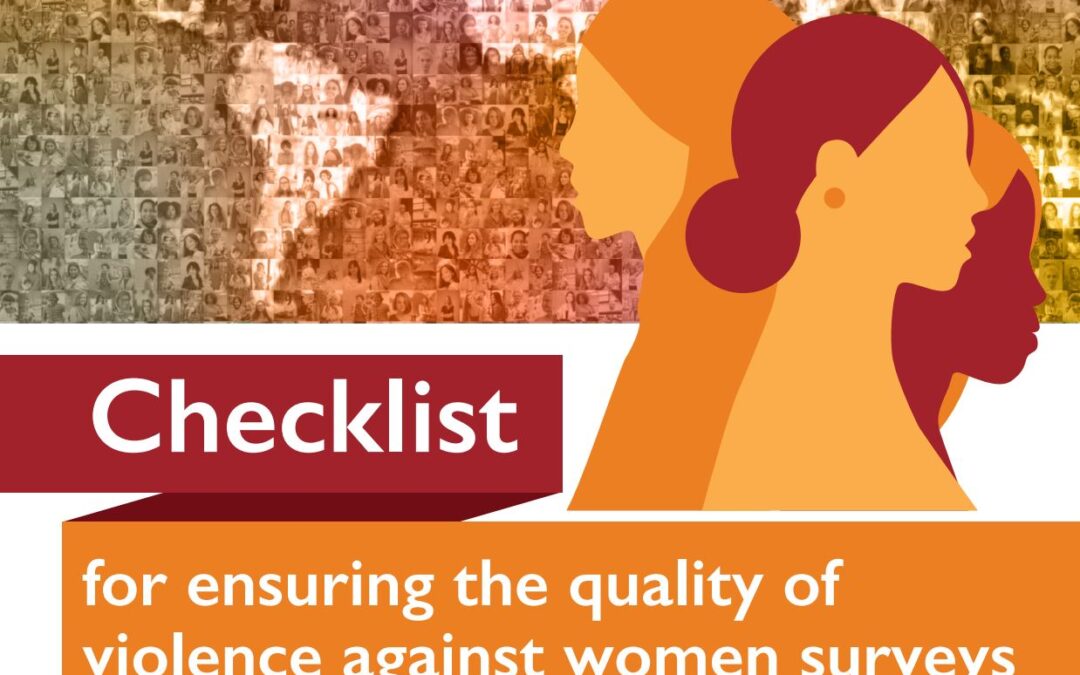
Checklist for ensuring the quality of violence against women surveys
This checklist is designed to help national statistics offices and other national research and data institutions and research teams to think through the steps needed to produce high-quality survey data on intimate partner violence — from the planning stages through to analysis, report write-up and dissemination of accurately interpreted findings. This checklist addresses the specificities of measuring the prevalence of intimate partner violence — one of the most common forms of violence women...
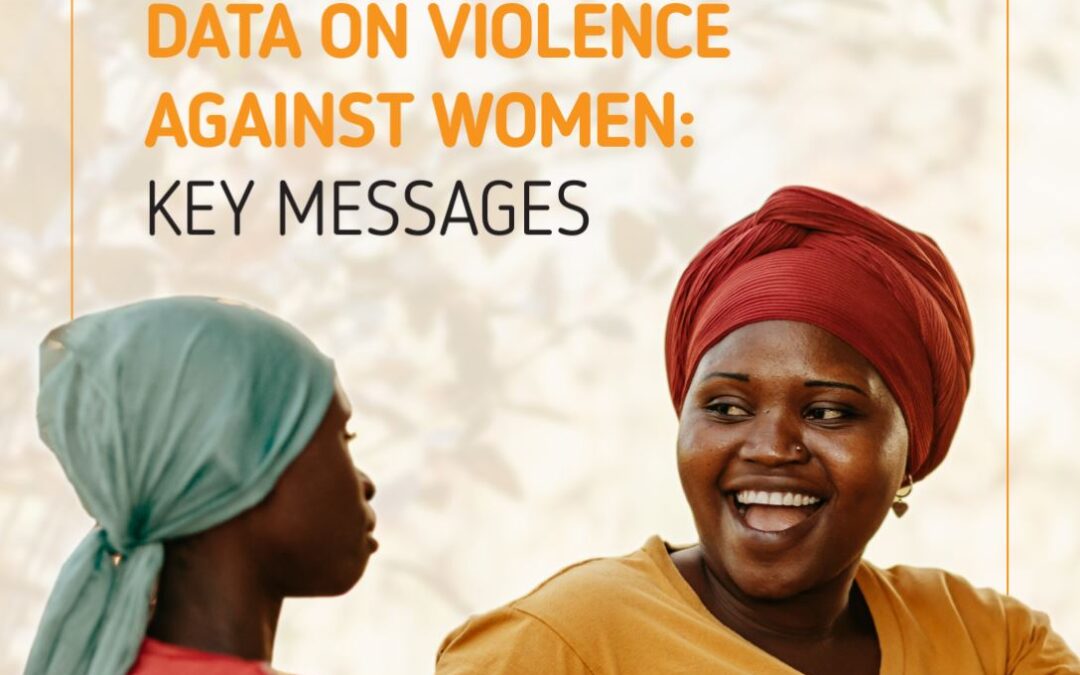
Data on Violence Against Women: Key Messages
This is an overview of key concepts on violence against women data that can be applied globally. It is intended to serve as a complementary resource to a longer technical report entitled "A Guide to Better Understanding and Using Violence Against Women Prevalence Data."
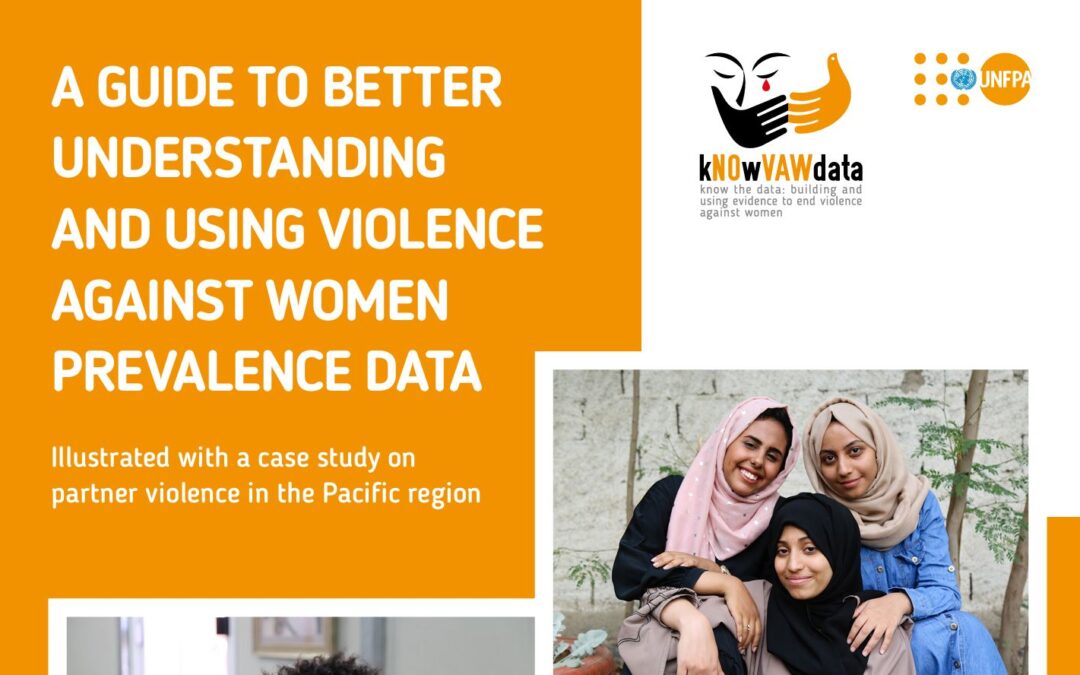
A Guide to Better Understanding and Using Violence Against Women Prevalence Data
Guidelines in this publication provide concepts and principles for the process of interpreting, understanding and using violence against women prevalence data that can be applied globally. A case study with survey data from eleven Pacific island countries is used to illustrate how VAW prevalence data can be analysed and compared to reveal interesting and nuanced patterns in violent behaviour and its drivers of violence.
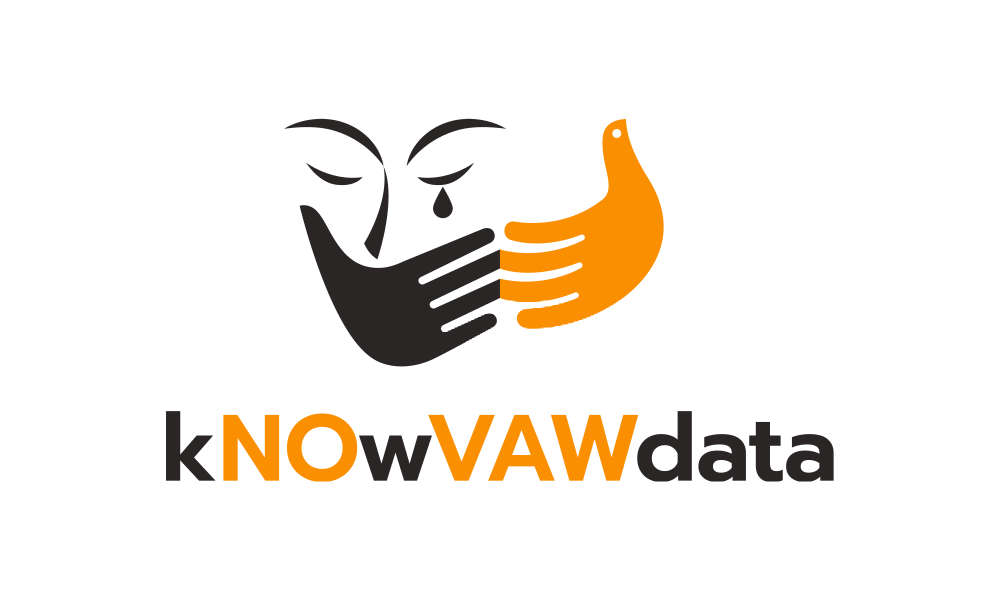
Measuring the Prevalence of Violence against Women with Disabilities
kNOwVAWdata, DFAT and UNFPA, together with the University of Melbourne, brought together national, regional and global experts to discuss what approaches should be taken to ensure that women with disabilities are better represented in national prevalence studies on violence against women.

Gender and IoT (G-IoT) Tech Abuse Guide
How internet-connected devices can affect victims of gender-based domestic and sexual violence and abuse
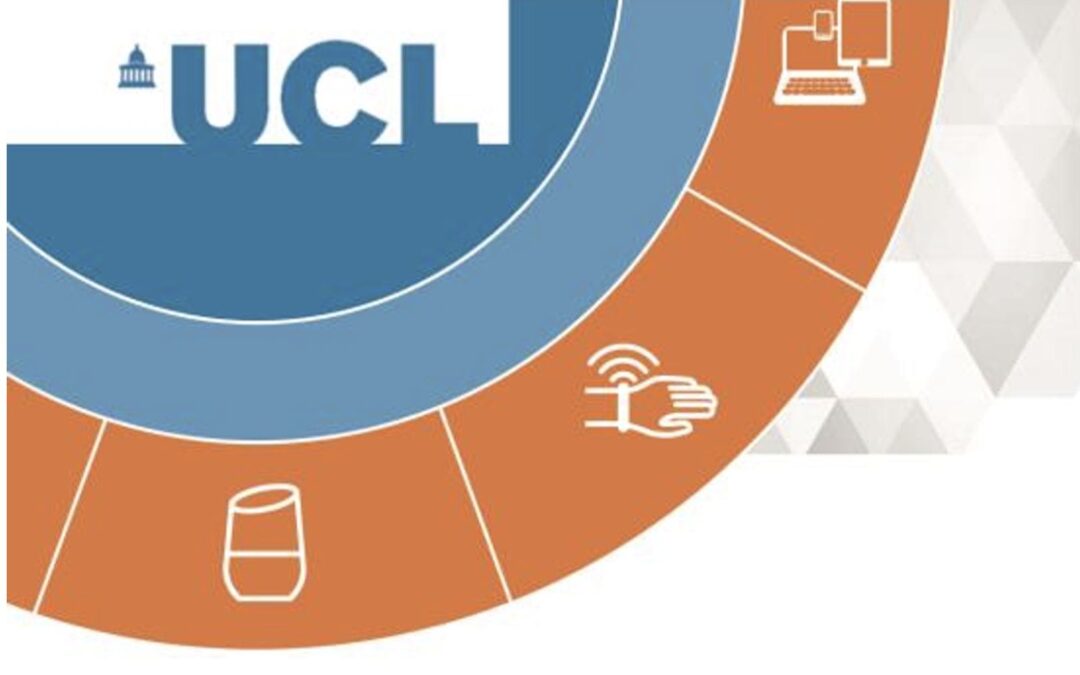
Gender and IoT (G-IoT) Resource List
This resource list is intended as supplementary material to better inform and guide victims and survivors of technology-facilitated abuse as well as those working with them.
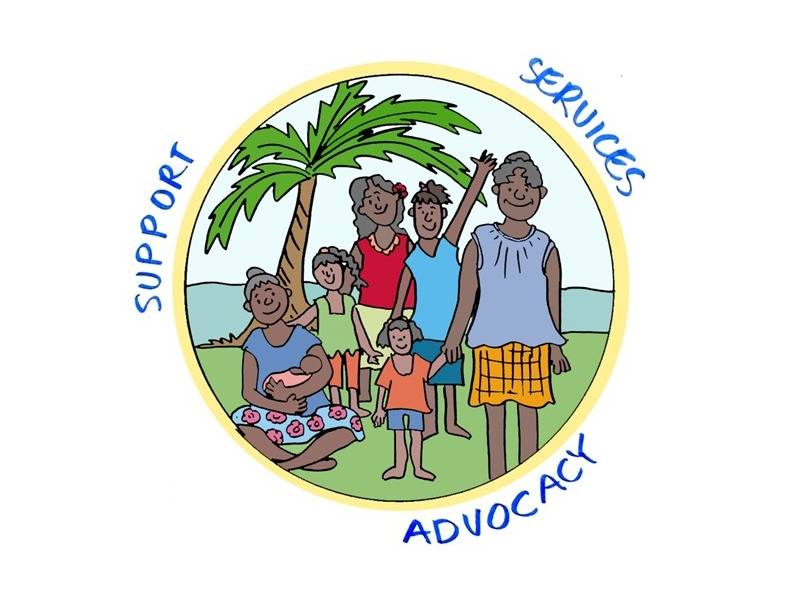
Gender-based Violence Administrative Data Toolkit
Toolkit and templates for multi-sector data collection on gender-based violence. Designed in collaboration with Pacific multi-sector organisations.
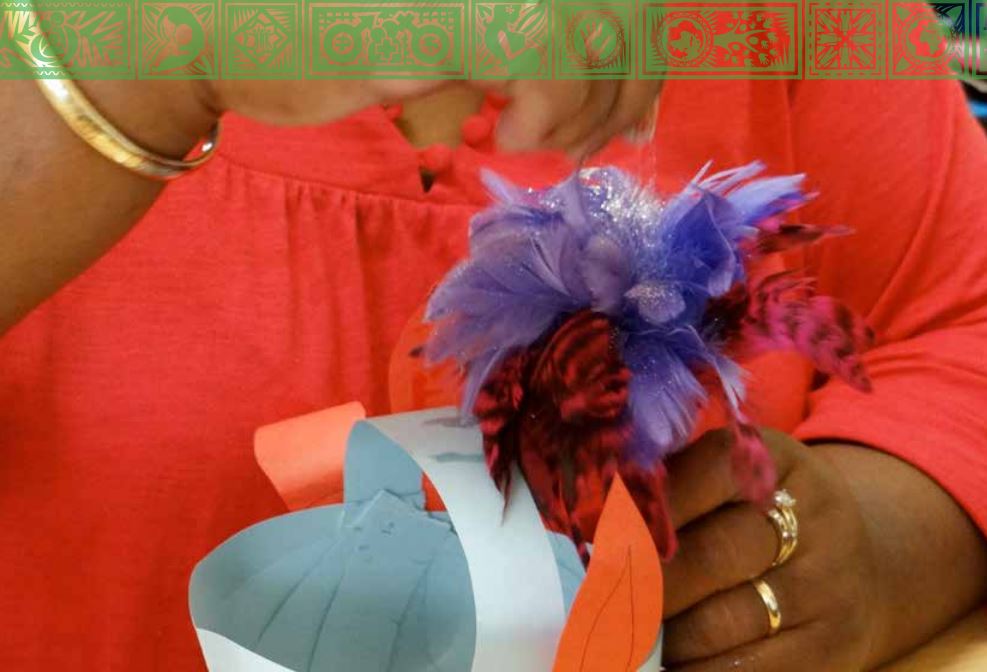
Nauru Family Health and Support Study
The Nauru Family Health and Support Study aimed at obtaining reliable information on violence against women (VAW), its characteristics, and consequences. Although the study initially sought to collect a nationally representative sample of women aged 15-64, due to a low response rate, its findings are derived from a reduced sample of eligible women in a small group of districts. The findings of this exploratory study, however, provide a preliminary understanding around VAW in the country and...
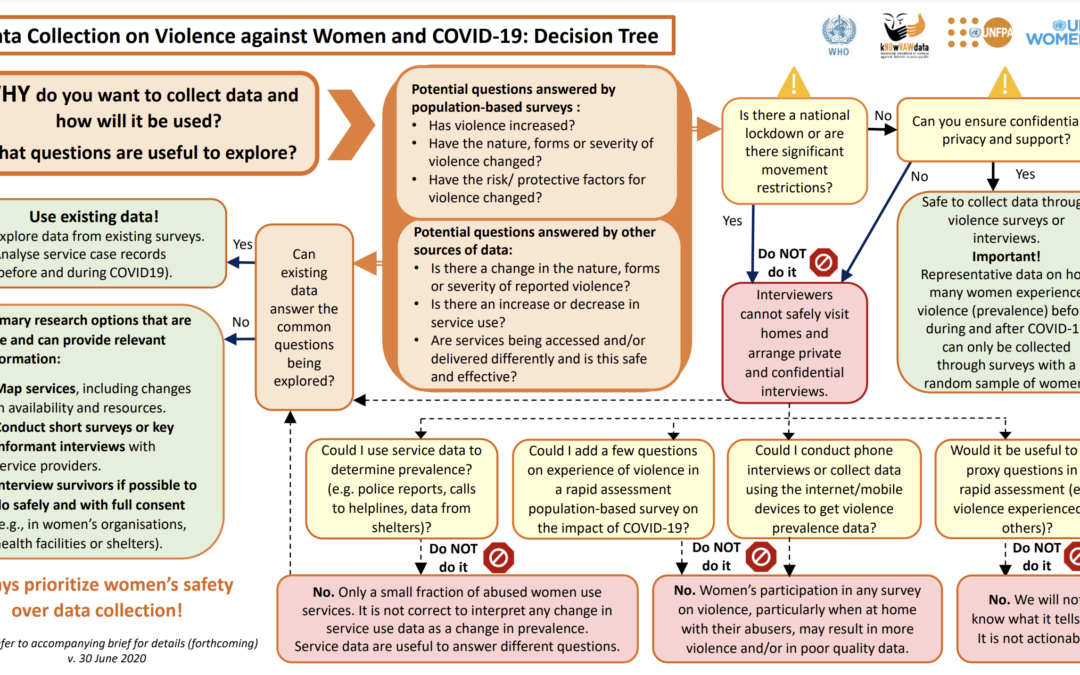
Decision tree: Data Collection on Violence against Women and COVID-19
This decision tree helps organisations with gender-based violence programmes, national statistical offices, policymakers and researchers decide when and how to best collect data on women's experiences of violence and their access and use of relevant services during the COVID-19 pandemic.
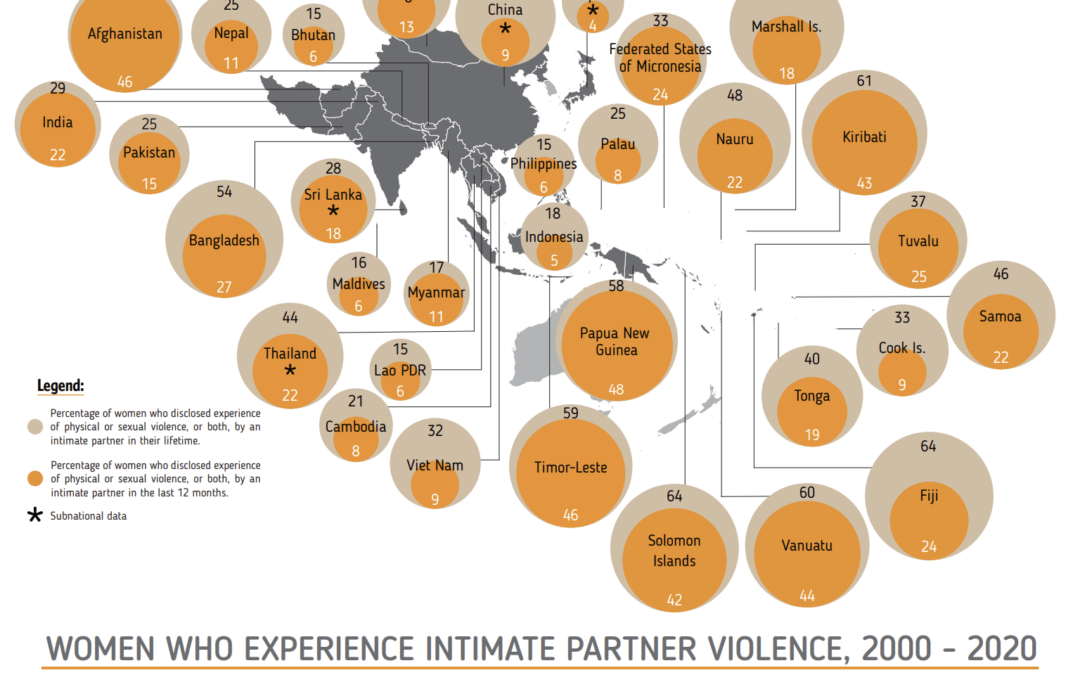
Violence Against Women – Regional Snapshot (2020) – kNOwVAWdata
2020 map of violence against women prevalence in Asia-Pacific region

Indicators on Violence Against Women: kNOwVAWdata’s overview of the Sustainable Development Goal indicators on violence against women
kNOwVAWdata's overview of the Sustainable Development Goal indicators on violence against women
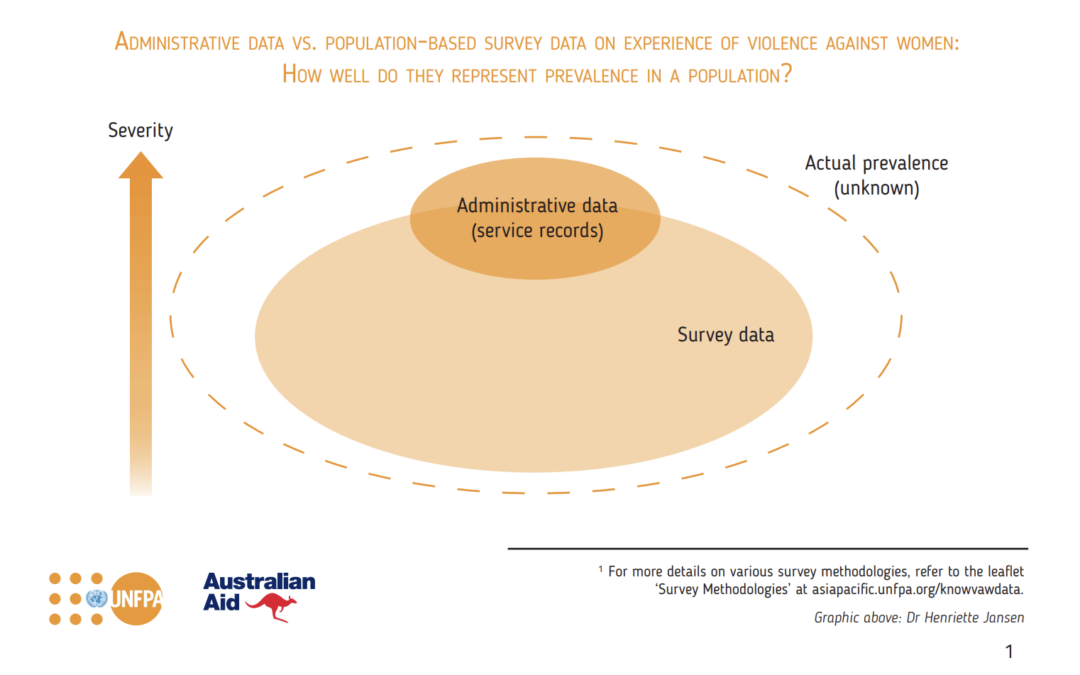
Sources of Violence Against Women Data – kNOwVAWdata
As this leaflet sets out to show, administrative data, while having their utility as a source of information on violence against women, cannot provide an estimate of the prevalence of violence against women taking place within a population.
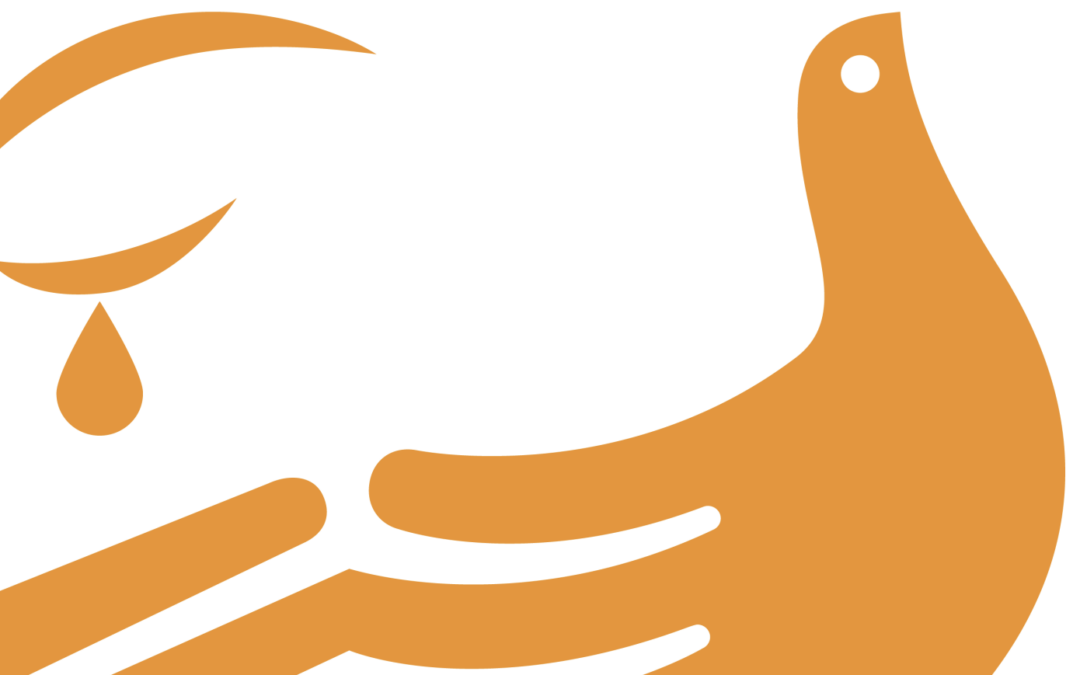
Violence Against Women Key Terminology: kNOwVAWdata’s explanation of commonly used terminology related to violence against women
kNOwVAWdata's explanation of commonly used terminology related to violence against women

Measuring the Prevalence of Violence Against Women Survey Methodologies – kNOwVAWdata Survey Methodologies
Surveys are the only way to collect data on the prevalence of violence against women (VAW) and thus to get an estimate of the magnitude of the problem in the population. There are two major approaches to collecting population-based data on violence against women using surveys; dedicated surveys or a set of questions/modules added to a large-scale survey.

Six golden principles for interviewing women who may have experienced violence – kNOwVAWdata
Collecting quality and reliable data on violence against women through special surveys is crucial if we want to understand and end the scourge. Drawing on years of international experience, our UNFPA Asia-Pacific technical advisor on violence against women, Dr. Henriette Jansen, shares six golden principles for interviewing women who may have experienced violence.

Putting Women First
Ethical and Safety Recommendations for Research on Domestic Violence Against Women

Guidelines for reporting violence against women
Guidelines for evidence-based media reporting on violence against women and their children. Australian National reporting guidelines available. Victorian (state of Australia) reporting guidelines also available.

COVID-19: Reporting on gender-based violence during public health crises
A journalist handbook on how to report on GBV during the pandemic; During a pandemic, lockdowns, curfews and other restrictions on movement are deemed necessary preventative health measures that can save millions of lives. For women and girls, they can also be sources of increased risk of violence and death. This resource is a companion to UNFPA's second edition of Reporting on Gender-based Violence in Humanitarian Settings: A Journalist's Handbook.
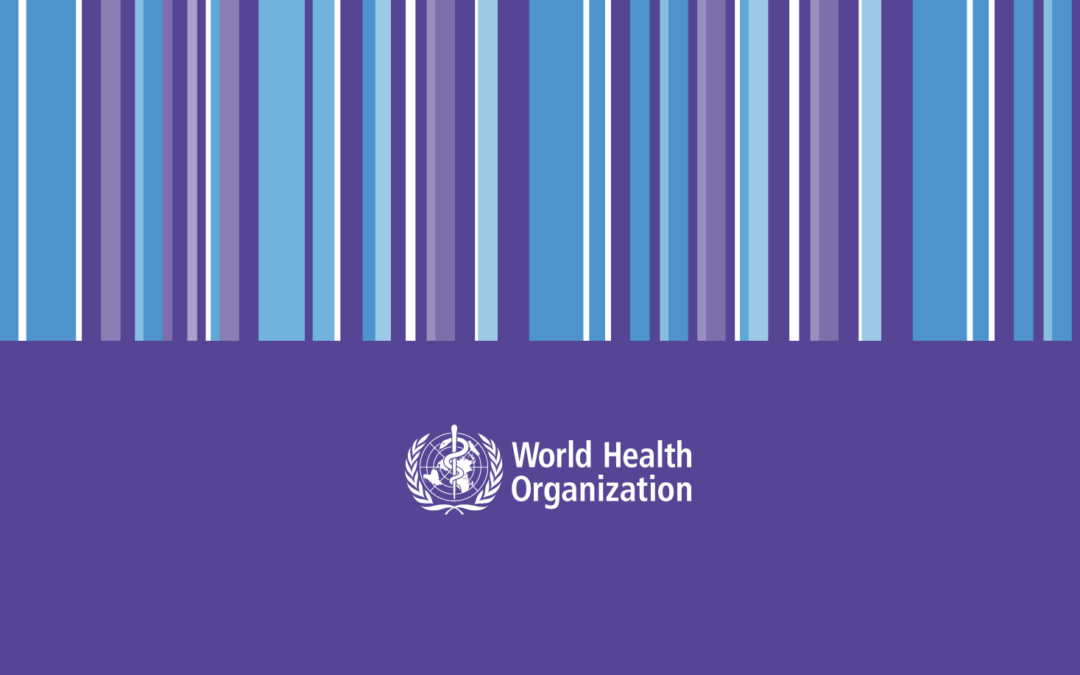
WHO Ethical and safety recommendations for researching, documenting and monitoring sexual violence in emergencies
This document is designed to inform those involved in planning, conducting, funding, reviewing protocols for, approving or supporting information collection on sexual violence in humanitarian settings
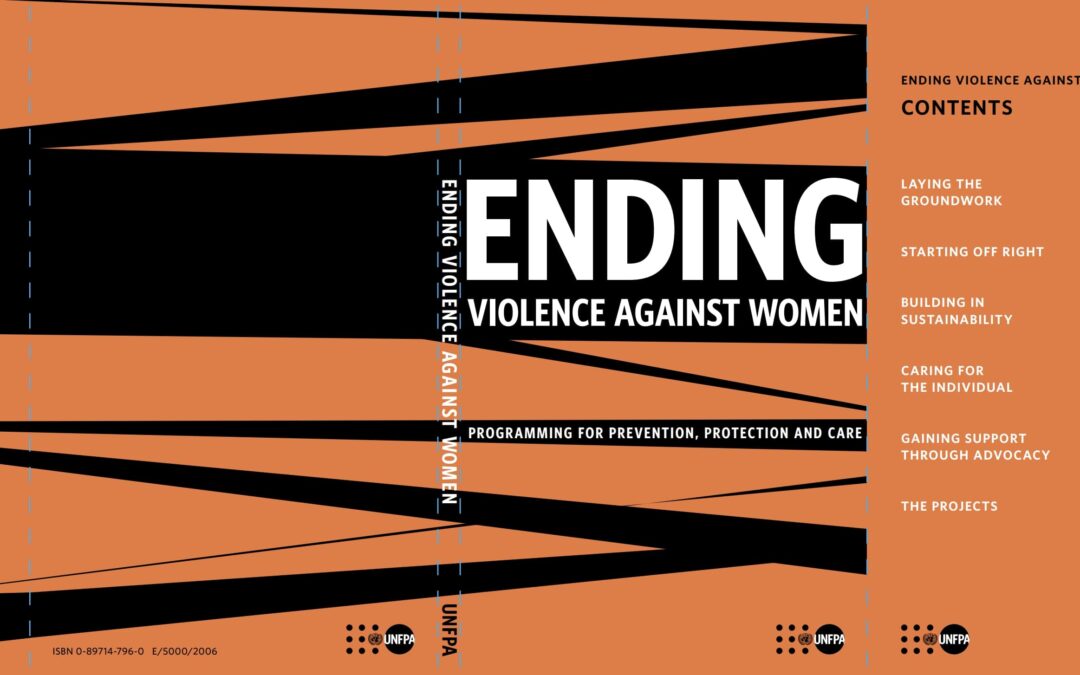
Ending Violence Against Women
Summary of good practices provided in the programming to address Violence Against Women
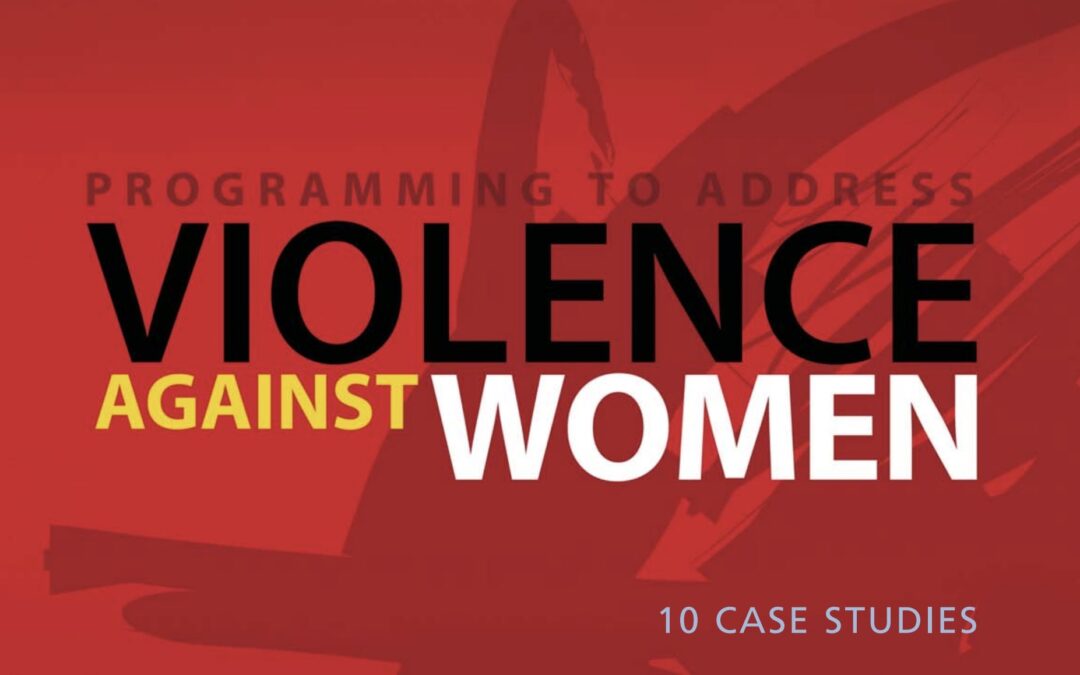
Programming to Address Violence Against Women
10 Case Studies presented in the form of lessons that were leant through projects conducted in 10 countries that set up projects to change attitudes and practices.
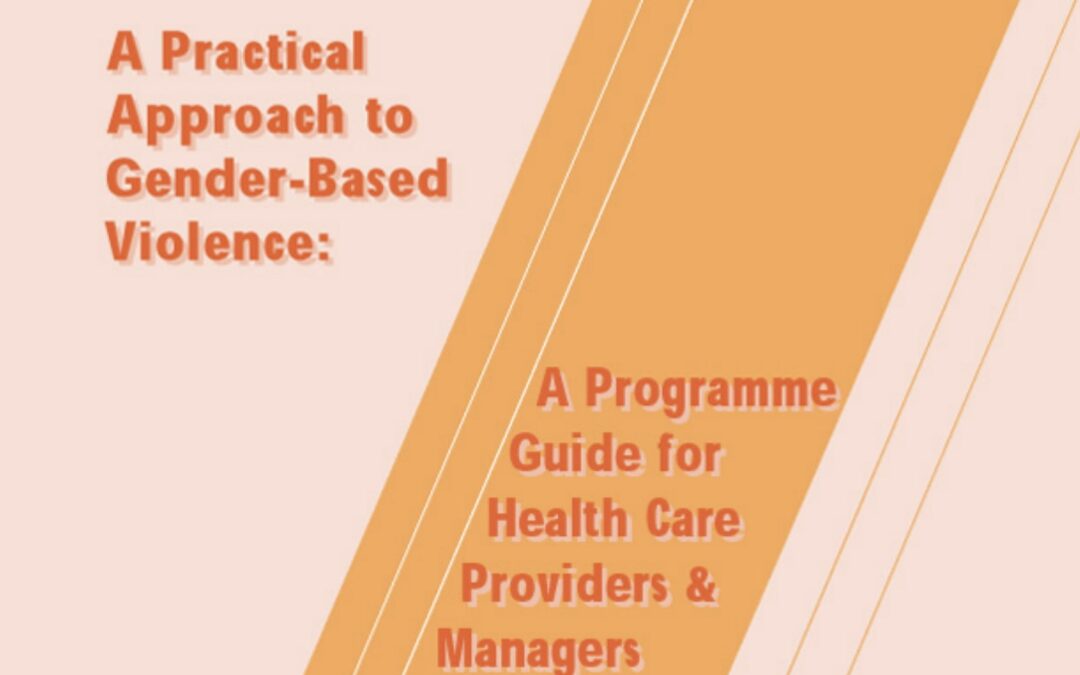
A Practical Approach to Gender-Based Violence: A Programme Guide for Health Care Providers & Managers
Publication that is targeted primarily at health service providers, however is for anyone who wants to undertake a gender-based violence project in any part of the world
